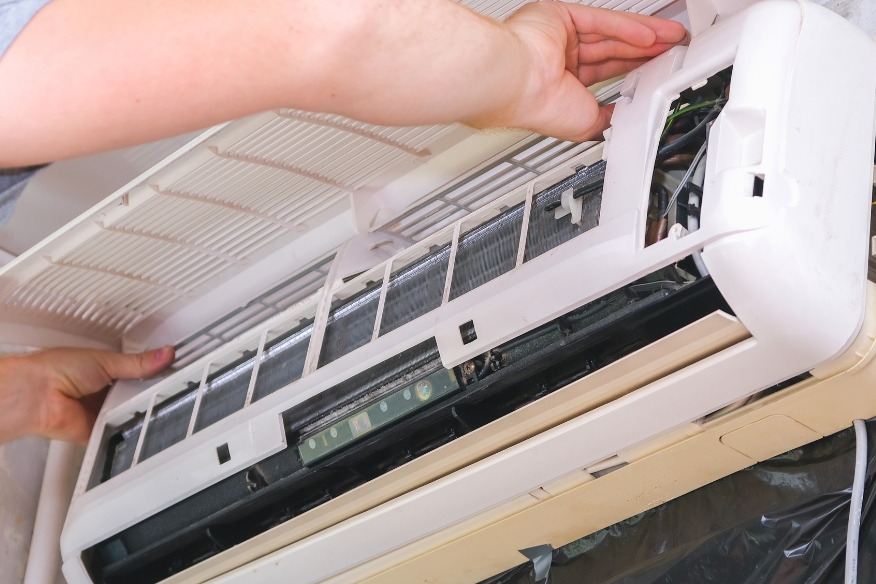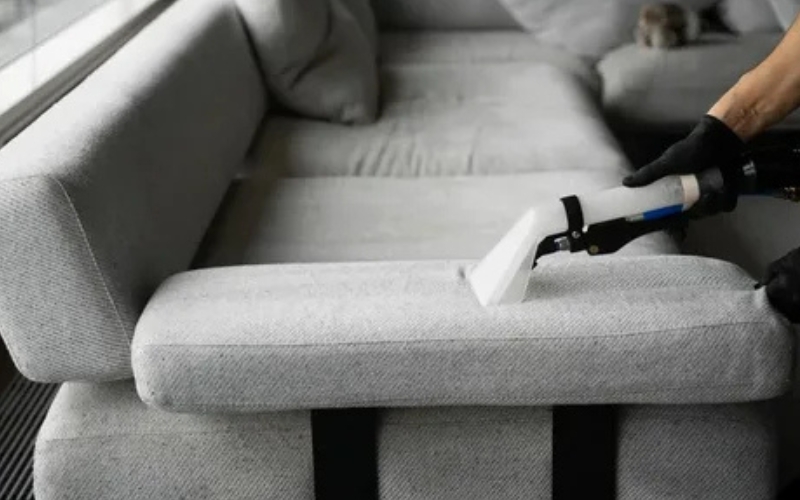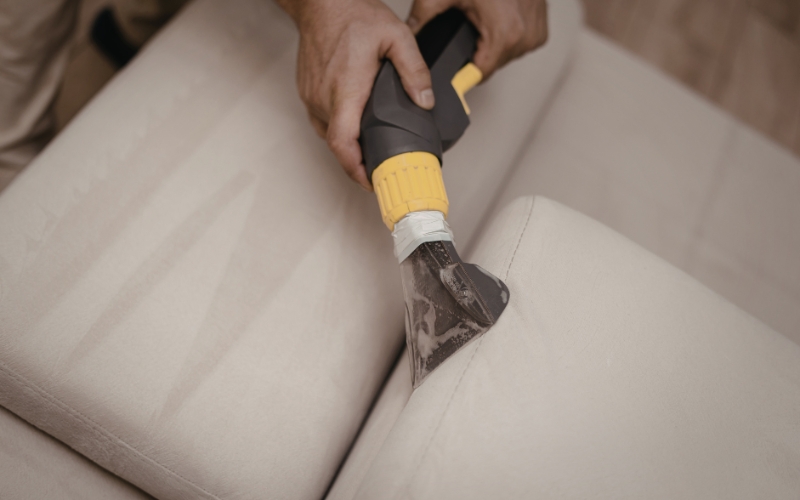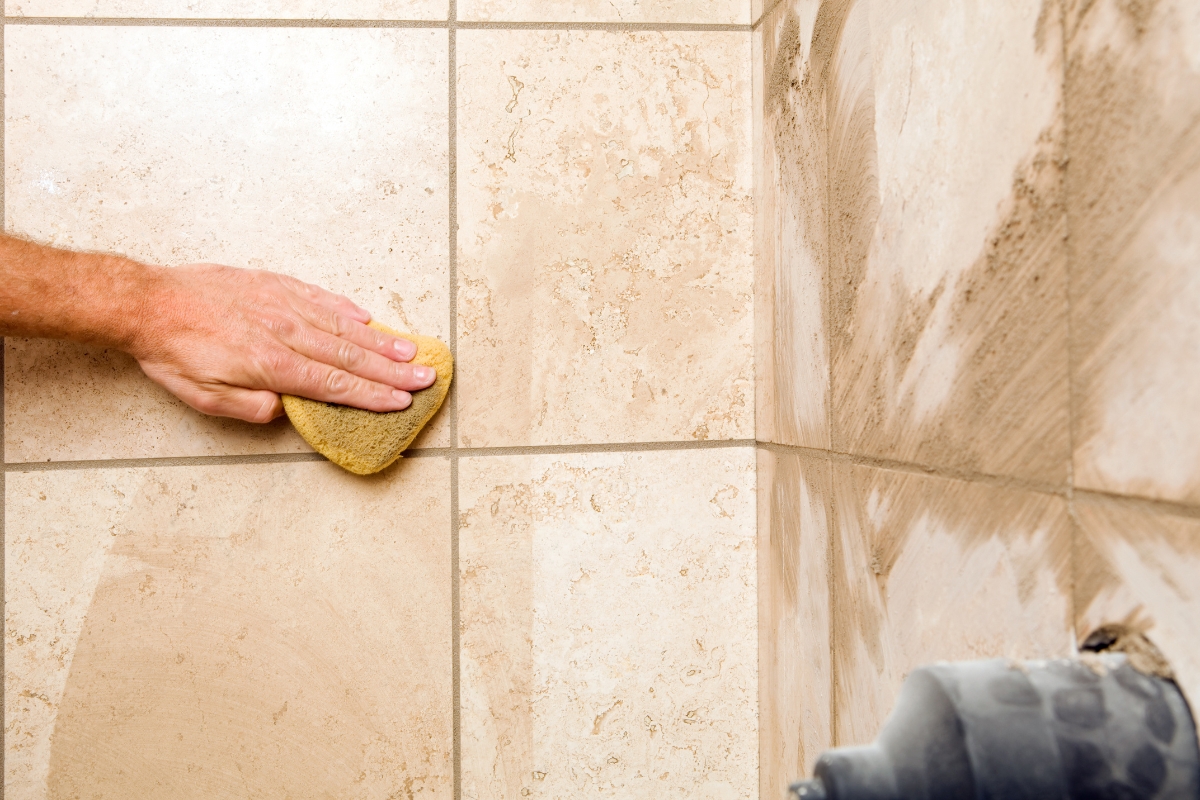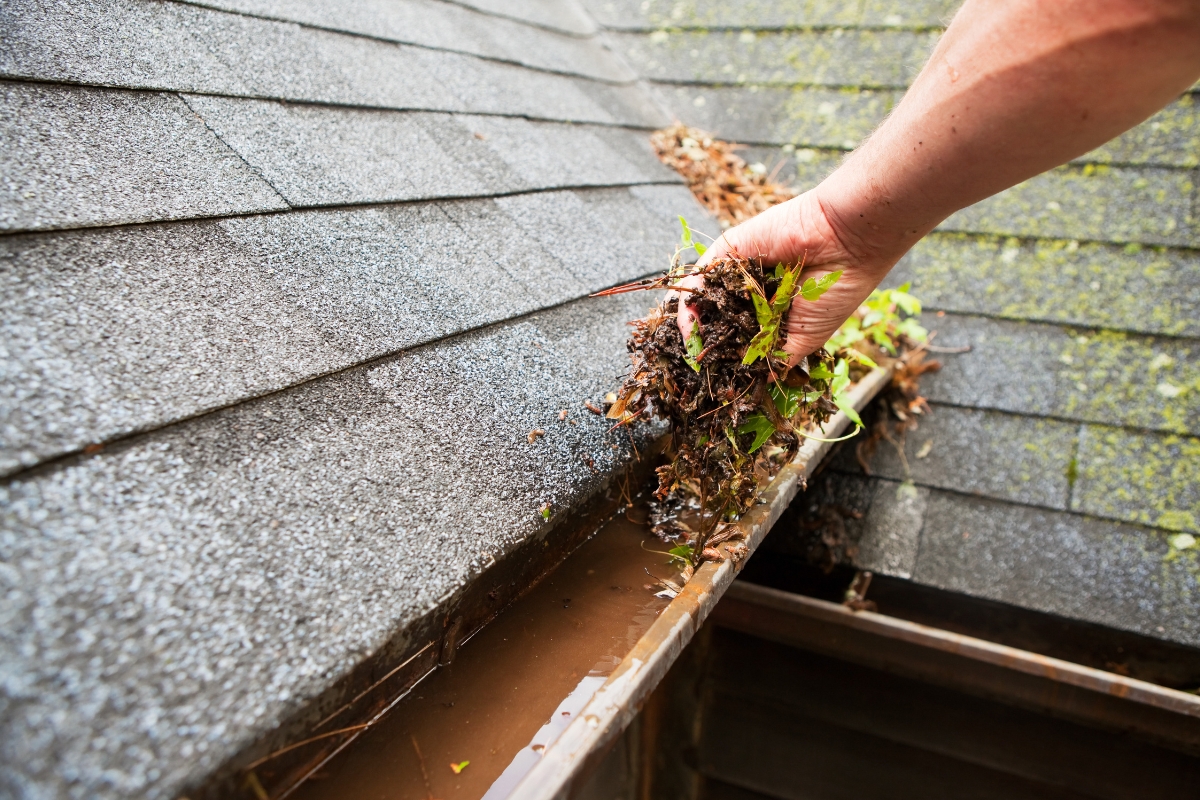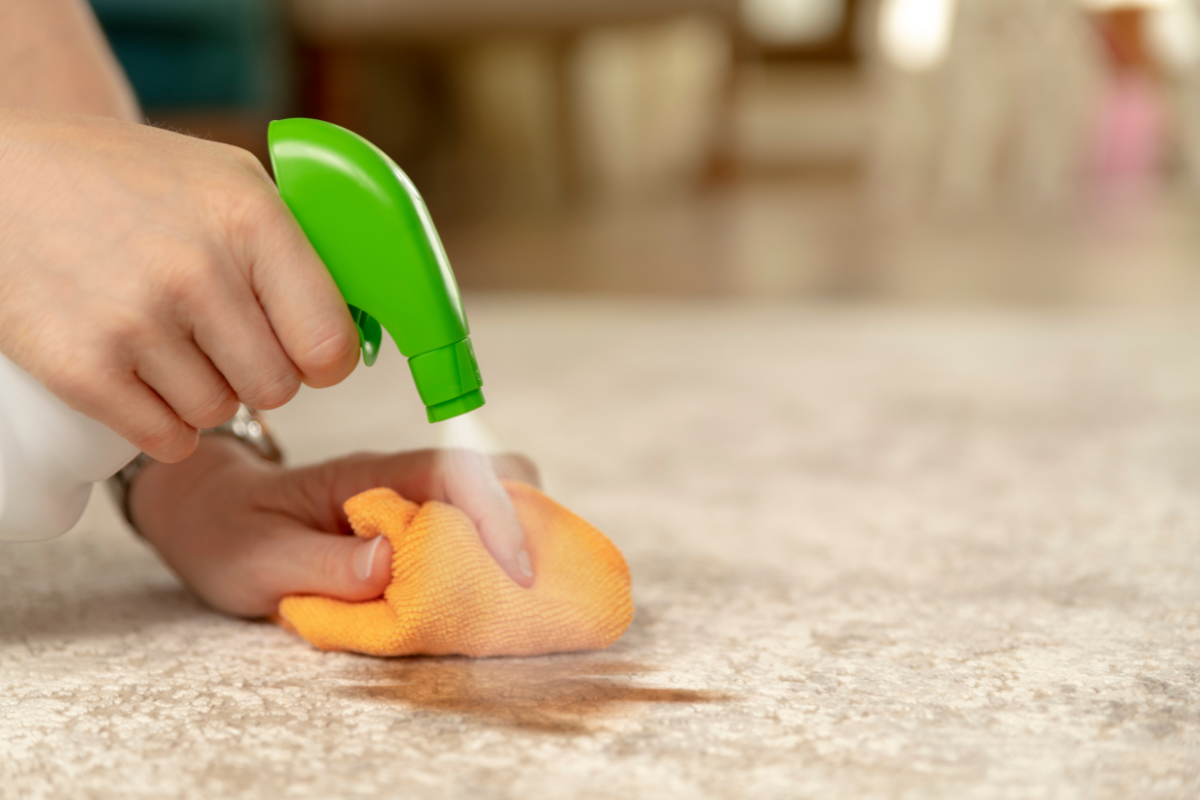If you’ve ever turned on your heating or cooling and been met with a faint musty smell, that’s your split system telling you it’s time for a clean. In Canada, where our homes need to be warm in February and cool in July, these systems rarely get a break. They quietly work in the background, moving air through every room — and over time, that air carries dust, pollen, pet hair, and even cooking odours right into the unit. Regular split system cleaning isn’t just about keeping the machine running; it’s about making sure the air you breathe is clean and fresh, year-round.
Why Split System Cleaning is Essential
Our seasons put HVAC systems through their paces. One week you might be shaking snow off your boots, and a few months later you’re cranking up the air conditioning. All that time, your split system is pulling in air from inside and outside — and with it, tiny particles that cling to coils and filters.
When too much dust and debris collect inside, your system has to strain to move air. That extra effort can nudge your energy bills up, but the bigger issue is the air you breathe. Stale, dusty air can set off allergies, irritate your nose and throat, and leave the whole place smelling less than fresh.
The Benefits You’ll Notice Right Away
Cleaner, fresher air
That faint “old carpet” smell? Gone. Clean systems remove the dust and microscopic debris that cause it.
Better heating and cooling performance
When airflow isn’t blocked, rooms reach the right temperature faster — and stay there without the system overworking.
Lower running costs
A dirty split system can waste energy. Even a light layer of dust on coils can increase energy use by up to 10%.
A longer lifespan for your investment
You wouldn’t run a car for years without a service. Your split system is no different — a little maintenance now can prevent expensive breakdowns later.
How Professionals Get it Done
While you can wash filters yourself, professional cleaning goes further, reaching areas you can’t access safely. A typical service includes:
- A thorough system check — looking for any signs of wear, possible leaks, or blockages that could slow performance.
- Filter cleaning or replacement – ensuring air flows freely.
- Coil cleaning – removing grime so heat can transfer efficiently.
- Drain flushing – stopping water backup that can cause mould.
- Full performance test – making sure the unit runs as it should.
Sometimes, a technician may recommend air duct cleaning or even pressure washing the external unit for a deeper clean.
A Few Practical Tips
- Check filters monthly, especially if you have pets or live in a dusty area.
- Book a professional clean at least once a year, ideally before summer or winter peaks.
- Keep the outdoor unit clear — no piles of leaves or snowdrifts blocking it.
- Pay attention to changes in noise, airflow, or odour.
Common Missteps to Avoid
- Waiting for a problem — cleaning should be preventative, not reactive.
- Using the wrong cleaning products — harsh chemicals can damage parts.
- Neglecting the outdoor unit — it’s half the system, after all.
- Forgetting humidity control — damp systems can breed mould quickly.
Split system cleaning might not be glamorous, but it’s one of those household jobs that pays you back immediately. You’ll breathe easier, your system will run better, and you might even save a few dollars on every utility bill. The best time to book a clean? Before you need your heating or cooling at full power. A little care now means comfort all year.
FAQ
How often should I clean my split system?
Once a year is enough for most homes, but households with pets or allergies may need it twice.
Can I just clean it myself?
You can clean the filters, but internal components are best left to a professional.
Will cleaning really make a difference to my bills?
Yes — improved efficiency means less wasted energy.
Why is there a smell when I turn it on?
Dust and bacteria can collect inside, and cleaning removes both.

